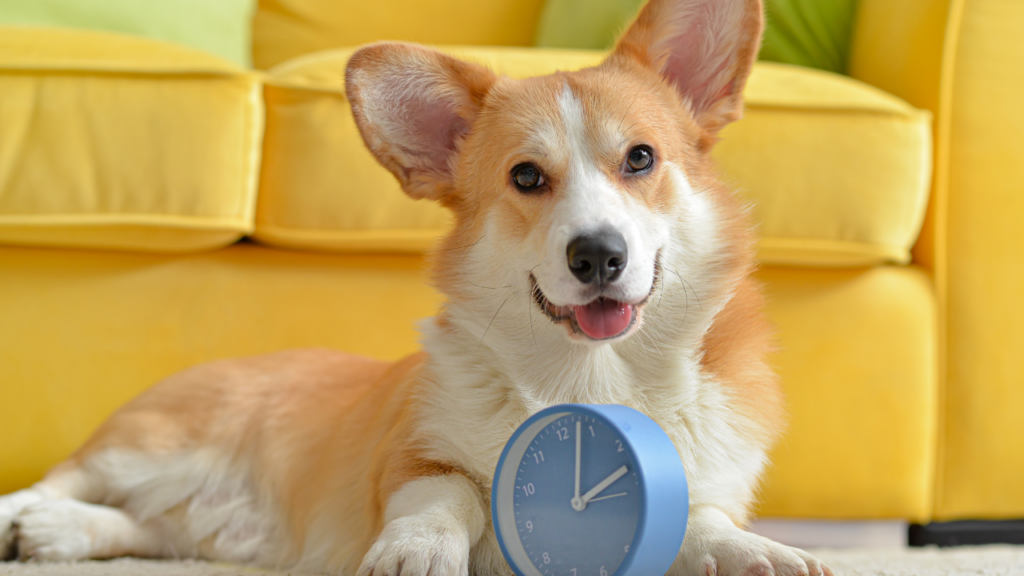How to Tell When Your Dog Has Worms

Worried your dog might have worms? It’s more common than you think, and knowing the signs can make a world of difference in keeping your furry friend healthy. Worm infestations aren’t just a nuisance; they can lead to serious health issues if left untreated. From subtle changes like a decrease in energy to more obvious signs like seeing worms in their stool, understanding what to look for is crucial.
Common Signs of Worm Infestation in Dogs
Knowing how to spot the signs of worms in dogs can help you take action quickly and keep your pet healthy. Dogs with worms may show a variety of symptoms, which can range from mild to severe. Here are some of the most common signs to watch out for:
- Changes in appetite: Your dog might suddenly become very hungry or lose interest in food altogether.
- Weight loss: Despite eating normally, or even more than usual, your dog may start to lose weight.
- Bloated abdomen: A pot-bellied appearance, especially in puppies, can be a sign of a heavy worm infestation.
- Visible worms or segments in stool: You may notice worms or pieces of worms in your dog’s stool or around their rear end. These could look like grains of rice or spaghetti.
- Lethargy: A dog that’s usually active might become sluggish or less playful.
- Scooting or dragging their bottom: This behavior is often due to itching or discomfort caused by worms.
By understanding these common signs, you can be proactive in seeking treatment and ensuring your dog remains healthy and happy. Regular vet visits and monitoring your dog’s behavior and appearance are key to catching worm infestations early.
Different Types of Worms in Dogs and Their Symptoms
Understanding the types of worms that can infect your dog is crucial to recognizing the specific symptoms and getting the right treatment. Here are the most common worms that affect dogs and the unique symptoms they can cause:
- Roundworms: These are the most common type of worm in dogs. Symptoms include a pot-bellied appearance, diarrhea, vomiting, and weight loss. Roundworms in dogs are often visible in a dog’s stool and can look like strands of spaghetti.
- Hookworms: These worms can cause severe anemia, especially in puppies, due to their blood-sucking nature. Signs of a hookworm infection include pale gums, lethargy, and dark, tarry stools. Hookworms are especially dangerous because they can cause significant blood loss.
- Tapeworms: Tapeworm segments can often be seen around a dog’s anus or in their feces. These segments look like grains of rice. Dogs with tapeworms may experience itching around their rear end, which might cause them to scoot on the floor.
- Whipworms: These worms live in the dog’s large intestine and can cause chronic diarrhea, sometimes with blood, weight loss, and general poor condition. Whipworm eggs are hardy and can live in the soil for years, making them a persistent threat.
Knowing the specific symptoms associated with different types of worms helps in diagnosing the problem early and seeking the appropriate treatment from your veterinarian.
What to Do if You Suspect Your Dog Has Worms
If you think your dog might have worms, taking immediate action is key to ensuring their health and preventing the spread of worms to other pets or people. Here’s what you should do:
- Visit Your Veterinarian: A professional diagnosis is crucial. Your veterinarian in Orting will likely perform a fecal exam to identify the type of worm and determine the best course of treatment. This step is essential for accurately targeting the specific parasite affecting your dog.
- Follow the Prescribed Treatment: Your veterinarian will recommend a deworming medication based on the type of worm identified. It’s vital to follow the treatment plan as directed, which may include multiple doses to ensure all the worms are eliminated.
- Maintain Regular Preventative Care: Preventing future infestations is just as important as treating dog worms now.
- Regular deworming treatments, good hygiene practices like promptly picking up and disposing of feces, and preventing your dog from eating feces or raw meat can help reduce the risk of re-infection.
By acting quickly and following these steps, you can protect your dog from the harmful effects of worms and keep your home a safe, healthy environment for everyone. Regular vet visits and preventative care are your best defense against worm infestations.
Keep Your Dog Healthy and Worm-Free in Orting and Beyond
Worms are a serious concern for dogs in Orting, Graham, Tehaleh, and the surrounding areas. By recognizing the signs of a worm infestation and taking quick action, you can ensure your dog stays healthy and happy. Whether it’s understanding the symptoms of roundworms, hookworms, or tapeworms, or knowing when to visit your local vet, your proactive care makes all the difference.
Don’t wait until symptoms worsen, Request an Appointment with Orting Animal Hospital today to keep your dog worm-free. Schedule your visit now.
What's Next
Call us or schedule an appointment online.
Meet with a doctor for an initial exam.
Put a plan together for your pet.

